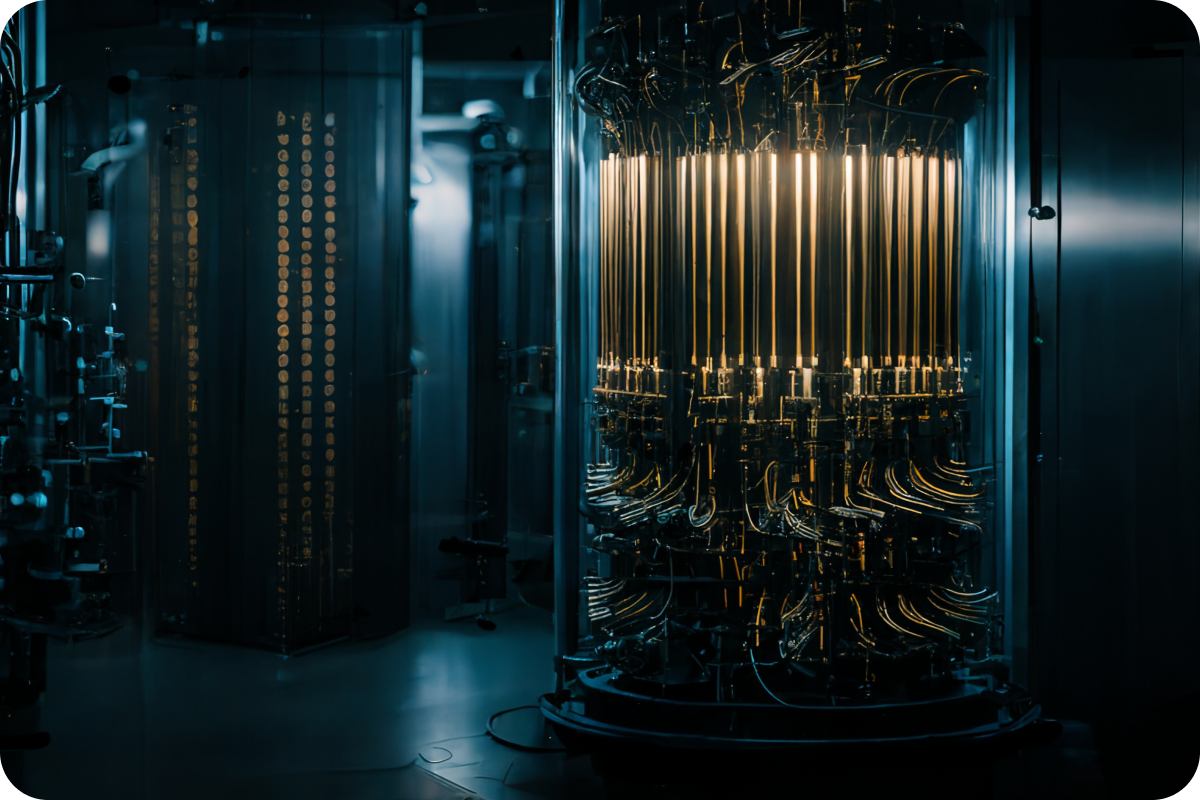Share this article
Quantum computing is a technology that harnesses the laws of quantum mechanics to solve highly complex problems that cannot be addressed by traditional computers.
How do quantum computers work?
- Quantum computers are elegant machines, smaller and requiring less energy than supercomputers.
- A quantum processor is a wafer no larger than what you would find in a laptop.
- A quantum hardware system is roughly the size of a car, primarily composed of cooling systems to maintain the superconducting processor at an ultra-cold operating temperature.
A classical processor uses bits to perform its operations. A quantum computer uses qubits to execute multi-dimensional quantum algorithms.

Supercomputers generally become paralyzed when faced with highly complex problems, which is also a common cause of failures in traditional computers.
Why are quantum computers needed?
For some problems, supercomputers are not so super.
When scientists and engineers face challenging problems, they turn to supercomputers. These are very large traditional computers, often with thousands of CPU and GPU cores. However, even supercomputers struggle to solve certain types of problems.
If a supercomputer grinds to a halt, it’s likely because the massive traditional machine was asked to solve a problem with a high degree of complexity. When traditional computers fail, it’s often due to complexity.
Complex problems are inconveniences with many variables that interact in intricate ways. Modeling the behavior of individual atoms in a molecule is a complex problem because all the different electrons interact with each other. Determining the optimal routes for hundreds of tankers in a global shipping network is also complex.














